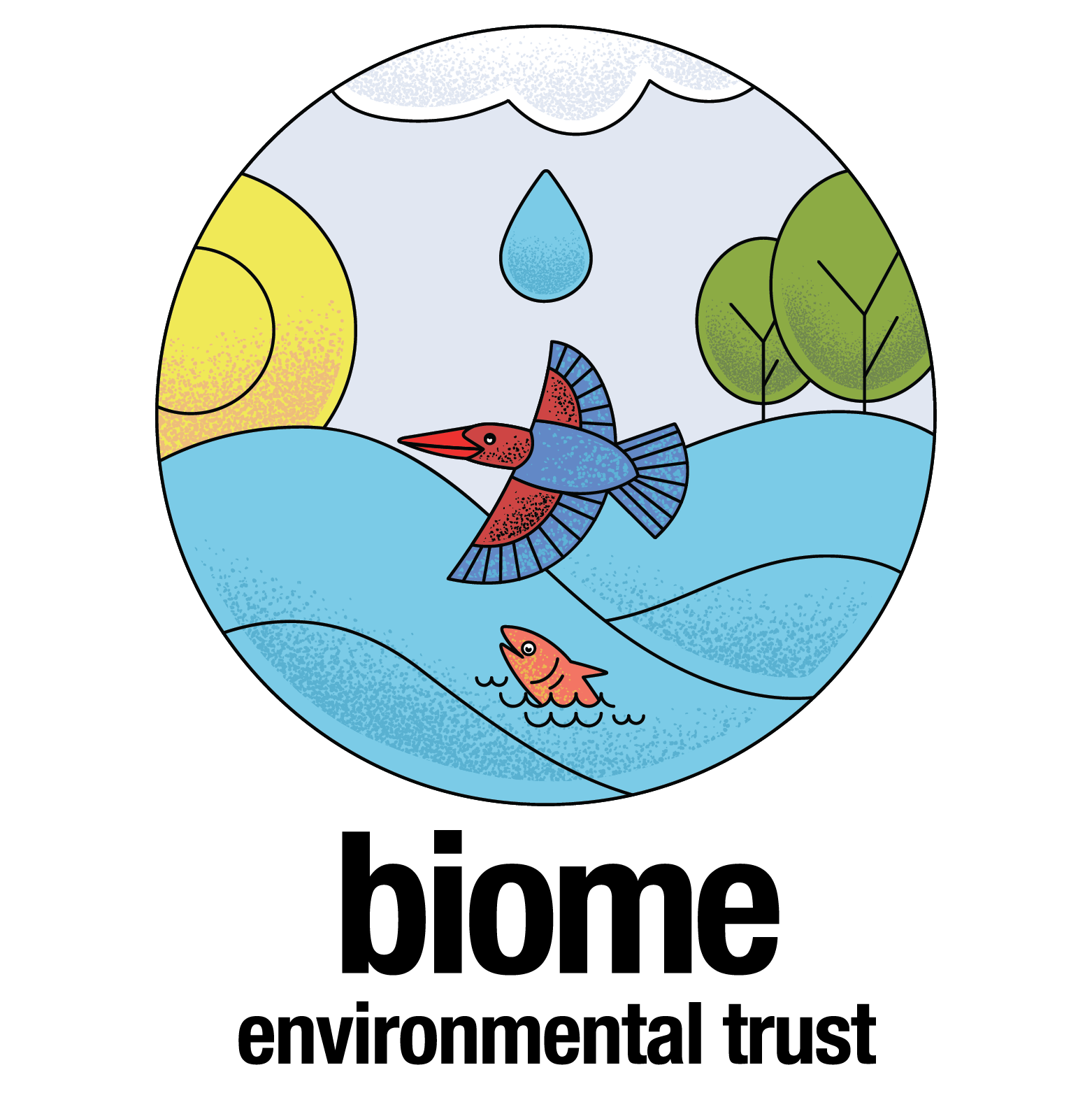The Fluoride Knowledge and Action Network (FKAN) in association with INREM Foundation organized a program titled “Safe Water and Fluoride Learning Workshop”. It was held on the 23rd and the 24th June 2016 at the Institute of Rural Management Anand (IRMA). The event received a good response with nearly 45 participants from 8 states and 22 organizations around the country. The agenda for the workshop was to understand the current happenings on the Safe water and Fluorosis Issue and to be able to form strategies for action in respective areas of work. This was to ensure fluorosis mitigation happens with a common framework.
But the program for training started from 20th June itself for the Fluoride Fellows. I was one among the participant and the Fluoride Fellow with FKAN. The entire program ran over the week was divided into different phases for specific participants.
The first phase involved training for the participants who have been closely working with the fluoride mitigation in their own region with FKAN and also for new recruits joining the network. This phase involved cross learning between these participants. Eight Fluoride Fellows were selected who were trained in coming sessions on the basics, issues, debates, solutions and strategies for fluorosis mitigation. These fellows would further facilitate the learning among other participants on the 23rd and 24th June.
The eight fellows selected for different regions are mentioned below
|
Sl no
|
Name
|
Organization
|
Region of
Work |
|
1
|
Arvind Singh
|
INREM
Foundation |
Jhabua,
Madhya Pradesh |
|
2
|
Sachin Vani
|
INREM Foundation
|
Jhabua, Madhya Pradesh
|
|
3
|
Kalpana
Bilwal |
INREM
Foundation |
Jhabua,
Madhya Pradesh |
|
4
|
K Subhash
|
Fluorosis Vimukti Porata Samiti
|
Nalgonda, Telangana
|
|
5
|
Sadguru
Prasad |
Fluoride
Knowledge and Action Network |
Nalgonda,
Telangana |
|
6
|
Dharini Saikia
|
Fluoride Knowledge and Action
Network |
Nagoan, Assam
|
|
7
|
Shreyas
|
Biome
Environmental Trust |
Karnataka
|
|
8
|
Kiran Kumar Sen
|
Biome Environmental Trust
|
Karnataka
|
The fellows from the Jhabua, Nalgonda and Assam
shared their work and experiences in working on Fluorosis. They were asked to
come up with the basic details, issues and solutions for Fluorosis
mitigation. Later these fellows were
trained using flash cards on safe water, fluorosis and its issues, debates and
solutions for Fluorosis mitigation by Sunderrajan Krishnan and Rajnarayan Indu
of INREM Foundation. These flash cards proved successful in improving learning
among Fellows.
shared their work and experiences in working on Fluorosis. They were asked to
come up with the basic details, issues and solutions for Fluorosis
mitigation. Later these fellows were
trained using flash cards on safe water, fluorosis and its issues, debates and
solutions for Fluorosis mitigation by Sunderrajan Krishnan and Rajnarayan Indu
of INREM Foundation. These flash cards proved successful in improving learning
among Fellows.
Common Session on
Overall Safe water fluoride Issue, IRMA, Anand, 23rd June 2016
Overall Safe water fluoride Issue, IRMA, Anand, 23rd June 2016
The session on demonstration and short films
cleared many doubts among the participants regarding fluoride removal
techniques, water quality tests for fluoride identification in the field. They
were shown demonstration with chemicals and Caddisfly, testing for fluoride
with mobile app.
cleared many doubts among the participants regarding fluoride removal
techniques, water quality tests for fluoride identification in the field. They
were shown demonstration with chemicals and Caddisfly, testing for fluoride
with mobile app.
Demonstration
Session in Progress for Fluoride Testing, 23rd June 2016
Session in Progress for Fluoride Testing, 23rd June 2016
Later, the participants were divided into 3
groups named on rivers i.e. Godavari, Narmada and Kaveri. Each group had around
10-12 members with 3 fellows to facilitate learning with the flash cards.
There were healthy discussions and debates on the safe water, Fluorosis with its
issues, solutions, strategies etc. This methodology enabled learning among the
participants. They raised many queries which were answered with discussion
among the group.
groups named on rivers i.e. Godavari, Narmada and Kaveri. Each group had around
10-12 members with 3 fellows to facilitate learning with the flash cards.
There were healthy discussions and debates on the safe water, Fluorosis with its
issues, solutions, strategies etc. This methodology enabled learning among the
participants. They raised many queries which were answered with discussion
among the group.
 |
|
Flash Cards Session among
the Participants, 23rd June 2016 |
The key takeaways from the workshop
I understood that Fluorosis condition is actually reversible with early
identification among children. This is done by providing safe water through
appropriate measures (Surface water, Rainwater harvesting, Activated Alumina
Filters, RO Water etc.)
identification among children. This is done by providing safe water through
appropriate measures (Surface water, Rainwater harvesting, Activated Alumina
Filters, RO Water etc.)
Along
with it, the use of Amla, Tamarind, Cassia Tora, Drumstick and many more
locally available plants to provide nutritious food rich in Vitamin C, Calcium
and magnesium, which helps in fluoride detoxification.
with it, the use of Amla, Tamarind, Cassia Tora, Drumstick and many more
locally available plants to provide nutritious food rich in Vitamin C, Calcium
and magnesium, which helps in fluoride detoxification.
The cases of Fluorosis reversal in children
are well documented and seen in cases among children from Jhabua in Madhyda
Pradesh and Nagoan in Assam.
are well documented and seen in cases among children from Jhabua in Madhyda
Pradesh and Nagoan in Assam.
Different technology for fluoride removal, its comparison and their acceptance on ground.
Kiran Kumar Sen
Biome Environmental Trust
·






